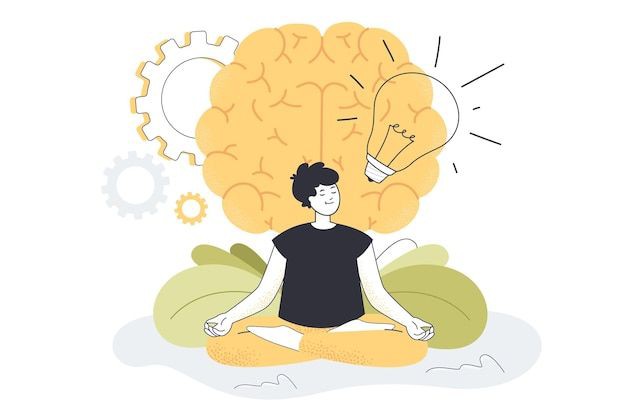
Coping with mental distress: tips for persons with disability
Living with a disability can be challenging in many ways, and one of the most significant challenges is coping with mental distress. People with disabilities may face unique stressors, such as social isolation, discrimination, and limited access to resources, which can affect their mental health.
However, there are many strategies that people with disabilities can use to cope with mental distress and improve their well-being. In this article, we will discuss some helpful tips for coping with mental distress.
- Seek Support
One of the most important things that people with disabilities can do to cope with mental distress is to seek support from others. This may include family members, friends, mental health professionals, or support groups. Having a support network can help reduce feelings of isolation and provide a safe space to express your thoughts and feelings. - Practice Self-Care
Self-care is essential for maintaining good mental health, and people with disabilities should prioritize self-care activities that work for them. This might include engaging in physical exercise, getting enough sleep, eating a balanced diet, and engaging in hobbies or activities that bring joy and relaxation. - Manage Stress
Stress is a common trigger for mental distress, and people with disabilities may face unique stressors related to their disability. It is important to identify sources of stress and develop strategies for managing stress, such as deep breathing exercises, meditation, or talking to a trusted friend or professional. - Find Purpose
Having a sense of purpose can be an important source of meaning and fulfillment, and people with disabilities can find purpose in many ways. This might include volunteering, pursuing a hobby or interest, or finding a job or career that aligns with their values and passions. - Practice Positive Thinking
Positive thinking can help reframe negative thoughts and promote a more optimistic outlook. People with disabilities may face negative attitudes and beliefs from others, and positive thinking can help counteract these negative messages. One way to practice positive thinking is to focus on your strengths and accomplishments and avoid comparing yourself to others. - Connect with Others
Connecting with others can help reduce feelings of isolation and loneliness. This might include participating in community activities, joining a support group, or reaching out to friends and family. Connecting with others can also provide opportunities to share experiences and find common ground with others who may be facing similar challenges.
In conclusion, coping with mental distress can be challenging, but there are many strategies that people with disabilities can use to improve their well-being. Seeking support, practicing self-care, managing stress, finding purpose, practicing positive thinking, and connecting with others are all important ways to cope with mental distress and maintain good mental health. Remember, everyone’s journey is unique, and it’s important to find what works best for you.
